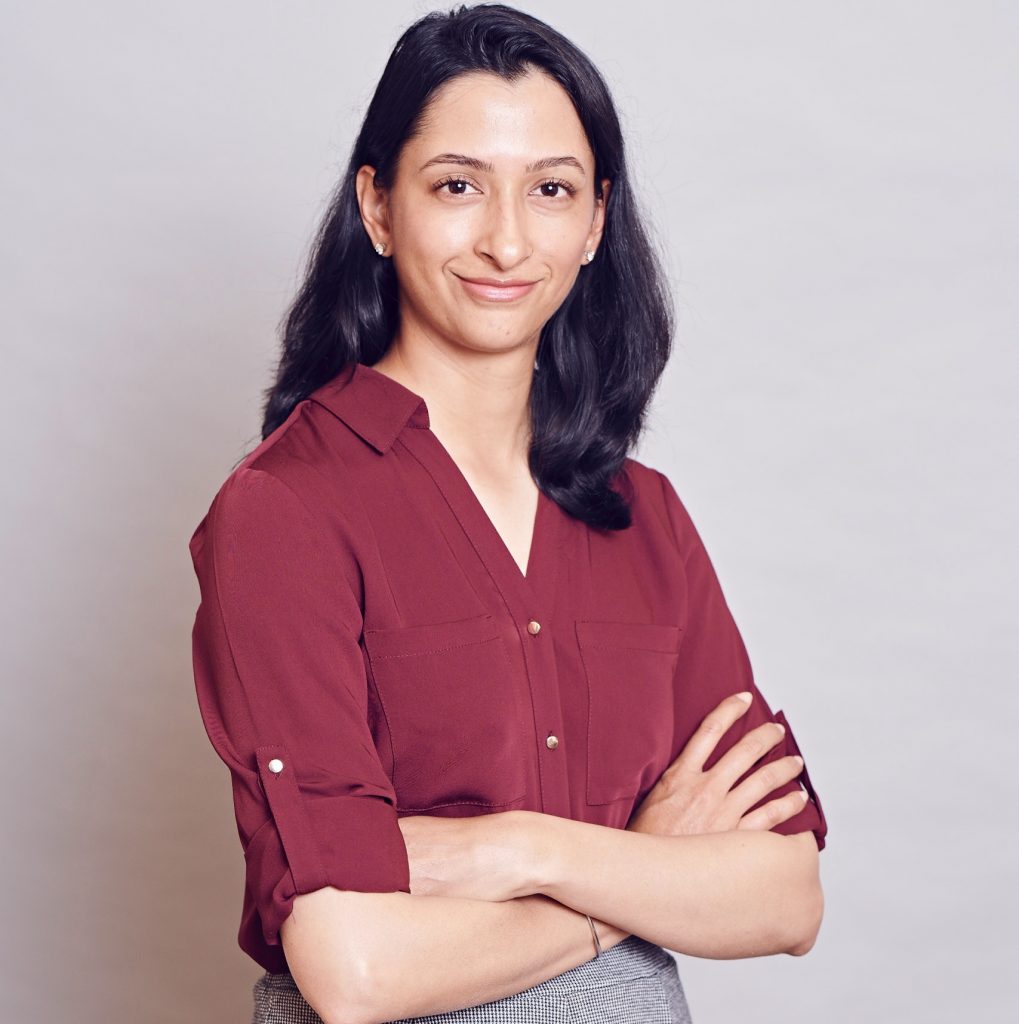As the organisation fine-tunes its mental health intervention model so as to make a holistic impact on persons with mental illness (PWMI) and their caregivers, it too has evolved over time, going from a focus on awareness to enabling access and affordability. This has made all the difference to its rural mental health programme, running in Davangere, Gulbarga and Mysore (Karnataka), Lakshmipur and Narayanpatna (Odisha), Thiruvallur (Tamil Nadu), and now Chhindwara district, Madhya Pradesh.
In Chhindwara, the programme currently supports 1,200 PWMIs and their caregivers residing in 131 villages within the district’s Sausar block. The charitable trust – founded by Deepika Padukone in 2015 – has so far impacted over 10,000 people in all.
Giving context to the foray into a new state, Anisha Padukone, CEO, LiveLoveLaugh, said: ‘Expanding our outreach to Madhya Pradesh underscores our intent to serve more communities by scaling up our programme interventions and building on existing impact. We are committed to creating awareness, enhancing accessibility, and ensuring the affordability of mental health services nationwide, particularly within India’s rural communities. We want every community to benefit from our proven rural programme model.’
LLL’s Chhindwara expansion is designed to address the urgent need for mental health support in underserved areas with limited access to reliable information. Here, mental illness is often misunderstood as a curse or linked to demonic possession or karmic retribution for past misdeeds. Faith healers are also relied upon for treatment.
According to the National Mental Health Survey, Madhya Pradesh State Report 2015–16, the lifetime prevalence of mental disorders in the state was 16.7%, with a treatment gap of 91%. LiveLoveLaugh has partnered with Gramin Adiwasi Samaj Vikas Sansthan (GASVS) for the Chhindwara intervention.
Highlighting the plight of PWMIs and caregivers in Chhindwara district, Ajay Dhawle, Director, GASVS, said, ‘Due to prevailing stigma within the community, PWMIs and their families frequently face social exclusion. To avoid discrimination and being marginalised, PWMIs and their caregivers often conceal their condition, resorting primarily to faith healers for private treatment. Numerous research studies have shown that approaching these faith healers as the initial source of help for mental illness tends to exacerbate and complicate the condition of PWMIs. We are confident that our collaboration with LLL will help change the situation for individuals and families who find themselves in such distress.’
Dr Shyam Bhat, Chairperson of LiveLoveLaugh, said: ‘Supporting people with mental illness through awareness and treatment, including pharmacological and psychosocial support services, is critical. It is also essential to work with carers and the community by increasing their involvement as catalysts for overall well-being. LiveLoveLaugh’s rural mental health model is a collaborative effort with grassroots organisations and local communities, offering holistic support and treatment to individuals with mental illness and their caregivers.’
By 2027, LLL aims to reach 40,000 beneficiaries in rural communities, expanding its impact significantly in the next five years. In addition to the rural programme, the organisation has focused on key areas such as awareness and destigmatisation campaigns, mental health education for adolescents, research, capacity building, and funding free counselling helplines.
 ‘Mental illness should get coverage under insurance on par with physical illness. We are not asking for anything more, or anything less.’
‘Mental illness should get coverage under insurance on par with physical illness. We are not asking for anything more, or anything less.’
– Anisha Padukone, CEO, LiveLoveLaugh
While insurance is available to PWMIs, as mandated under Mental Healthcare Act 2017, there has not been much progress in terms of implementation. It may be noted that Insurance Regulatory and Development Authority of India (IRDAI) has sent out circulars to insurance companies stating that the same needs to be done.
On their part, insurance companies do not seem to have much clarity on how to make mental health insurance available to their customers. Out of the 300-odd companies in the insurance sector, only a few are offering mental health coverage. So there is a big gap.
Advocacy is needed of course. What is also needed is that stakeholders come together and find resolutions. LLL has been trying to address this aspect, opening dialogues with insurance companies as well as General Insurance Corporation of India (GIC Re) to identify the gaps and work out how best to ensure implementation. One of the aspects for insurance companies to address is formulating guidelines around mental health coverage, and for this the first gap that needs attention is the lack of awareness on this subject. For instance, who is the person with mental illness? Who is the medical professional to be referred to? Another major gap is that there is not enough research or data from India on which to base their understanding of the mental health situation or its prevalence.
Apart from engaging with insurance companies, LLL has brought together experts to create a blueprint of the guidelines that stakeholders can refer to. The next step will be for the GIC to take these recommendation to the IRDAI. The hope is that these will then get formalised for the entire industry to follow.
To sum it up, awareness among consumers – that there is such a thing as mental health coverage as part of health insurance – is one part of the story, and awareness among insurance providers and at the policy level is the other part, and LLL is trying to bridge this gap.

